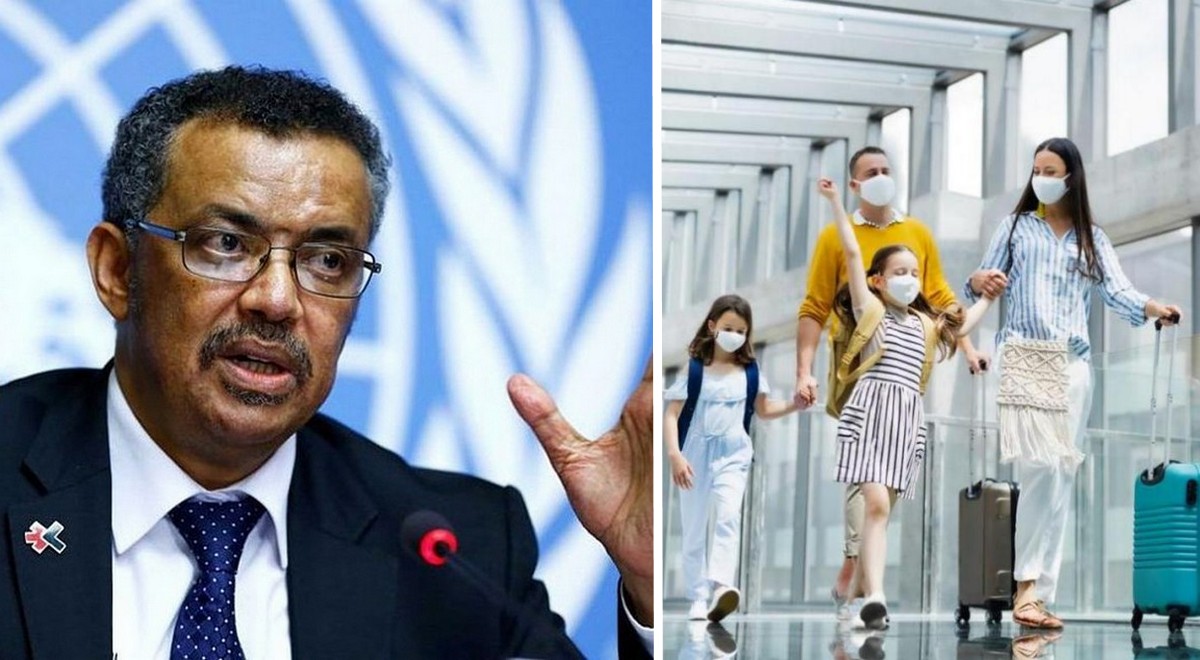In countries where the wave of “omicron” has subsided, there is a decrease in morbidity, which allows us to look at the situation with optimism. “The Omicron option has ushered in a pandemic and could end the epidemic in Europe,” said Hans Kluge, director of the World Health Organization (WHO) in Europe. He estimates that by March, 60% of Europe’s population could be infected with Omicron. Paradoxically, this means that the epidemic will decline.
When the wave of Omicron ends, there will be a period of calm, global immunity for several months. This immunity arises either from vaccines or from infection. But overall, it seems likely that the region is nearing the end of the pandemic, “Kluge said. He went on to suggest that COVID-19 would reappear at the end of the year, “but this may not be like a pandemic return,” he added. He also “attached” a statement to the warning that “the virus still surprised us, so we must be careful.”
The reason for his statement was the situation with “omicron” in Africa, where the new virus came from – and there the WHO office in Africa said that the number of cases in the region where “omicron” was first detected has decreased significantly. Similar statements were made from the United States.
It will be recalled that the WHO has previously called for the opening of borders, as bans on international travel do not bring additional benefits and continue to contribute to economic and social stress. According to the statement, travel restrictions imposed to curb the spread of the omicron coronavirus have demonstrated “the ineffectiveness of such measures (ie bans and lockdowns) over time.” Despite all attempts to close, Omicron – as before and other strains of the coronavirus – easily overcame all barriers and “flooded” the entire globe.
“Countries should consider adjusting some measures, including testing and quarantine requirements. Travel measures (such as wearing masks, testing, isolation / quarantine and vaccination) should be based on risk assessment and avoid creating additional burdens for international travelers, ”the WHO said in a statement. In addition, the organization called on states to “recognize all vaccines approved by international organizations for international travel.” The association also called not to make the vaccine qualification the only possible option for entering the country.
It should be noted that so far the forecasts about the coronavirus and the return to normal life – and with it international tourism – are relatively optimistic. For example, the American investment bank JP Morgan, known for its forecasts, attributed the restoration of normal life to 2022: “2022 will mark the end of the coronavirus pandemic and the complete recovery of the world economy. The new vaccines and therapies will lead to a strong cyclical recovery, a return to global mobility and a release of deferred consumer demand, ”JP Morgan said in a report.

